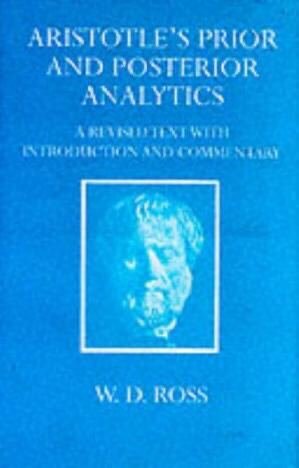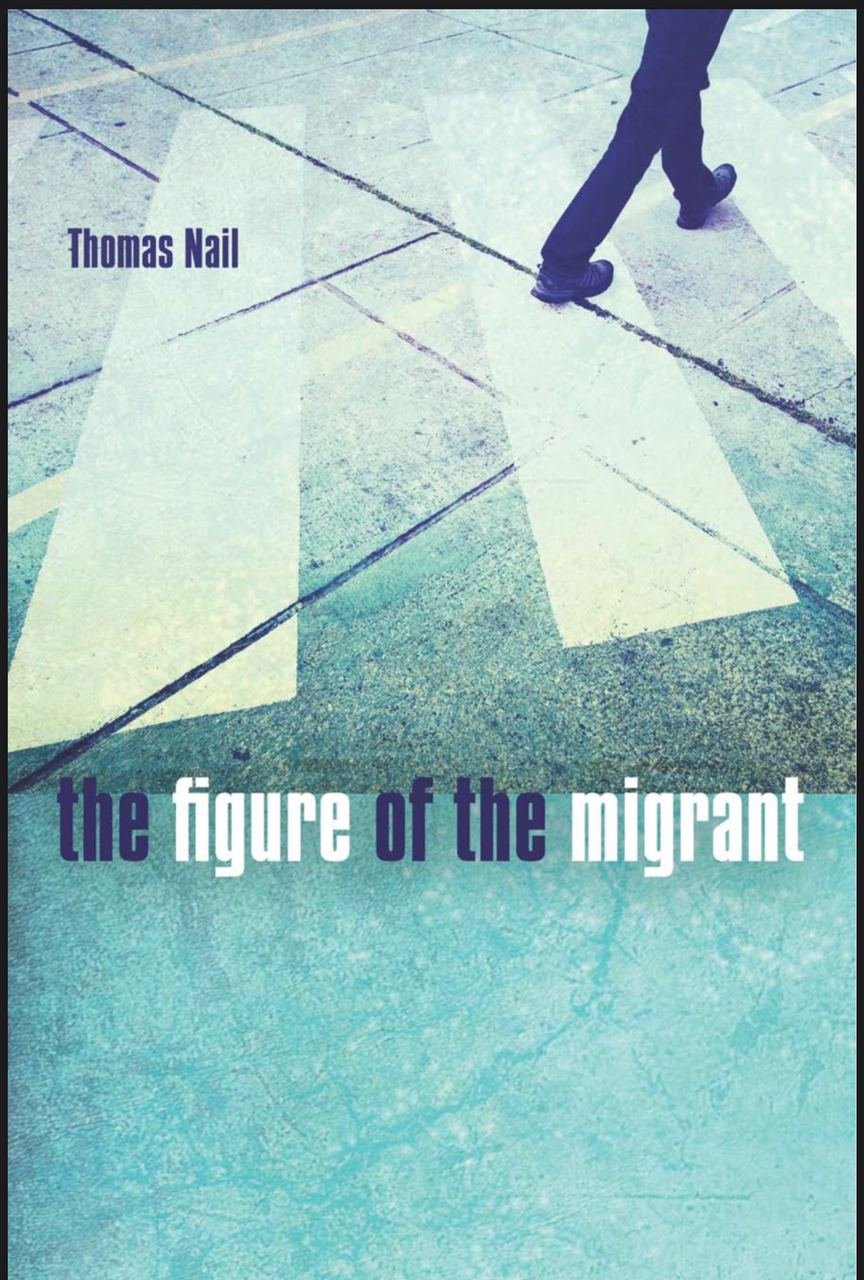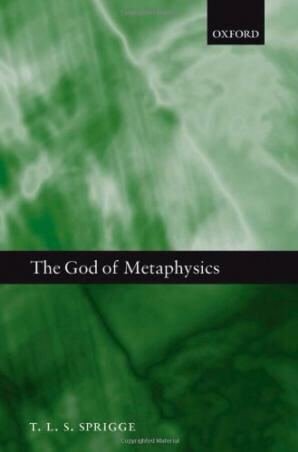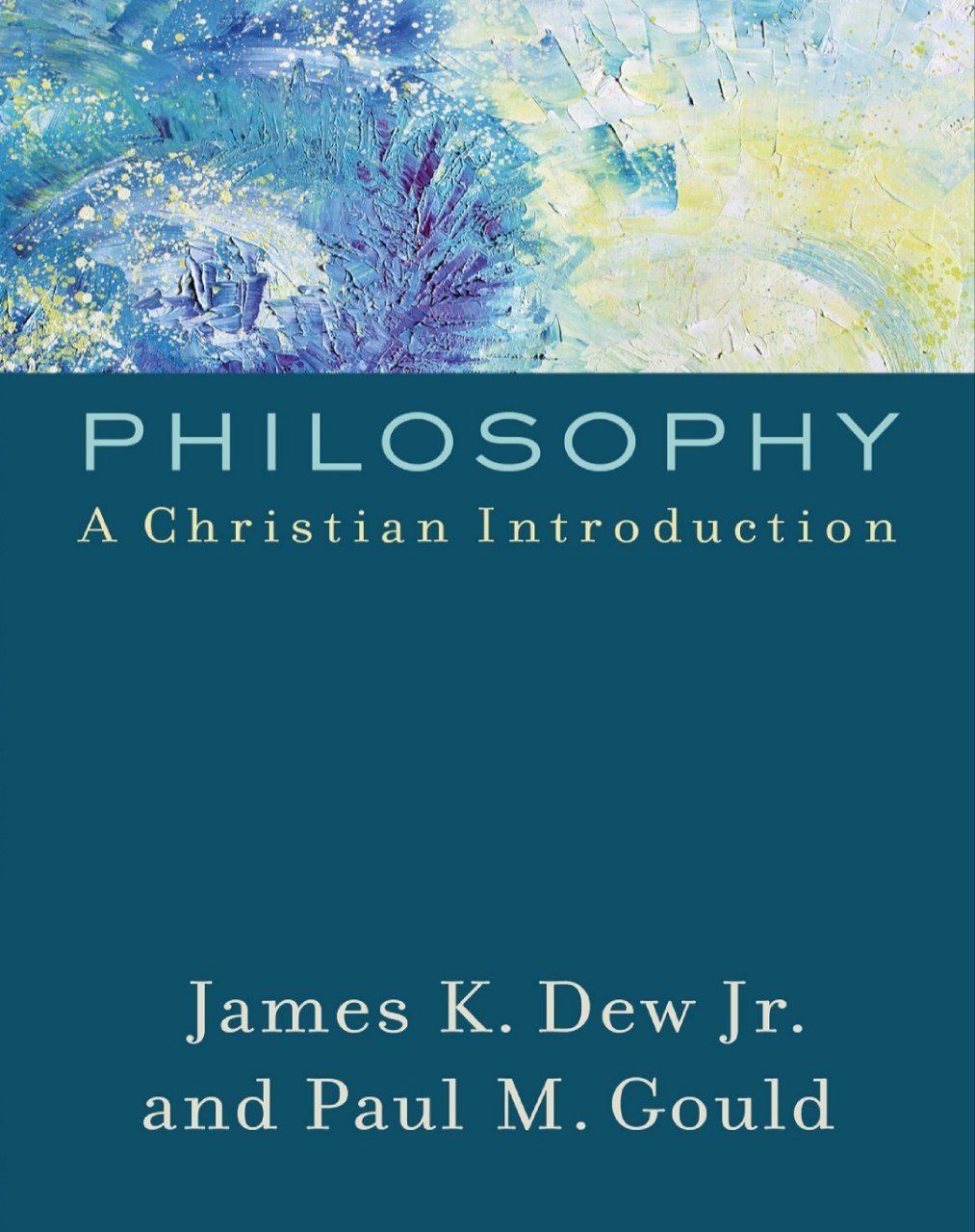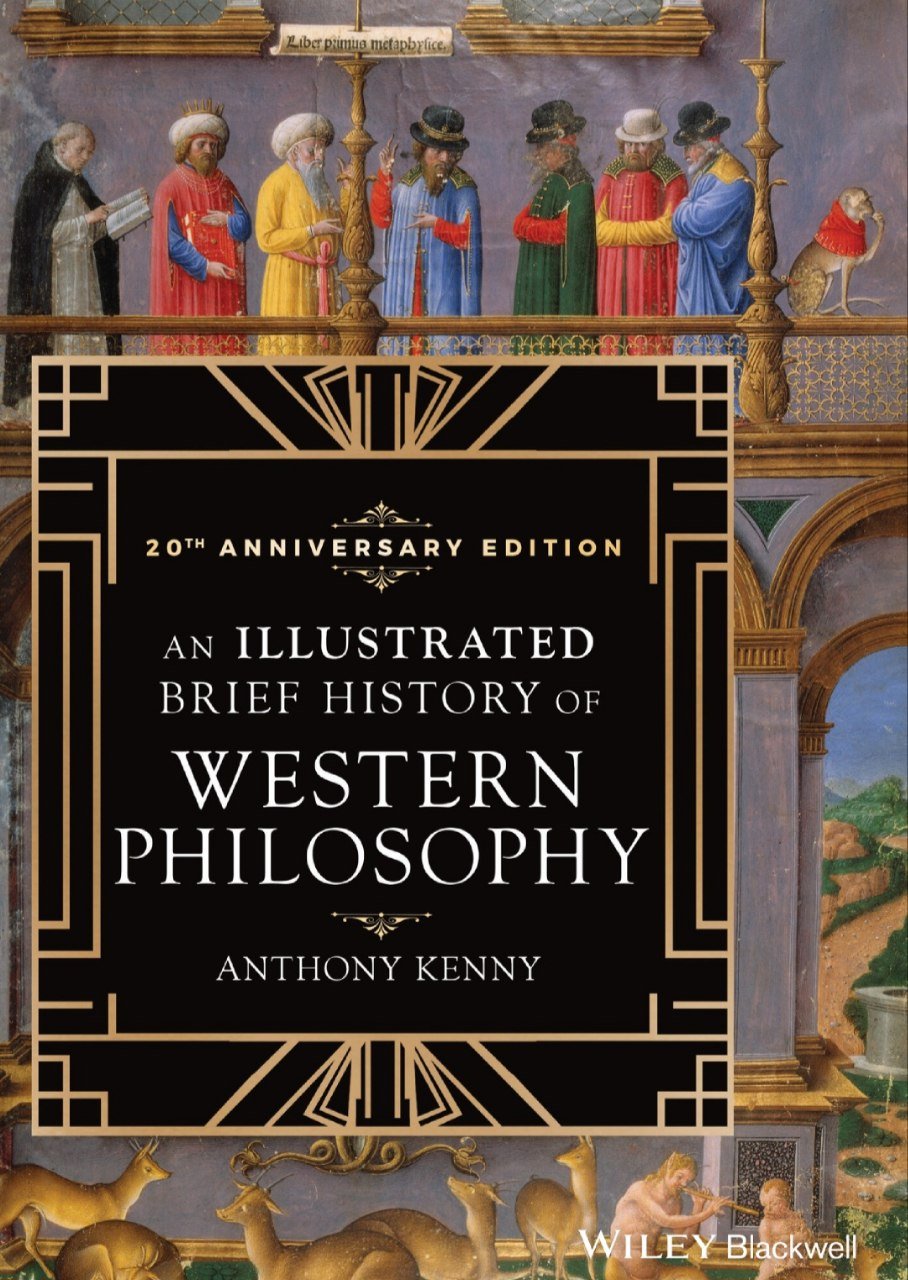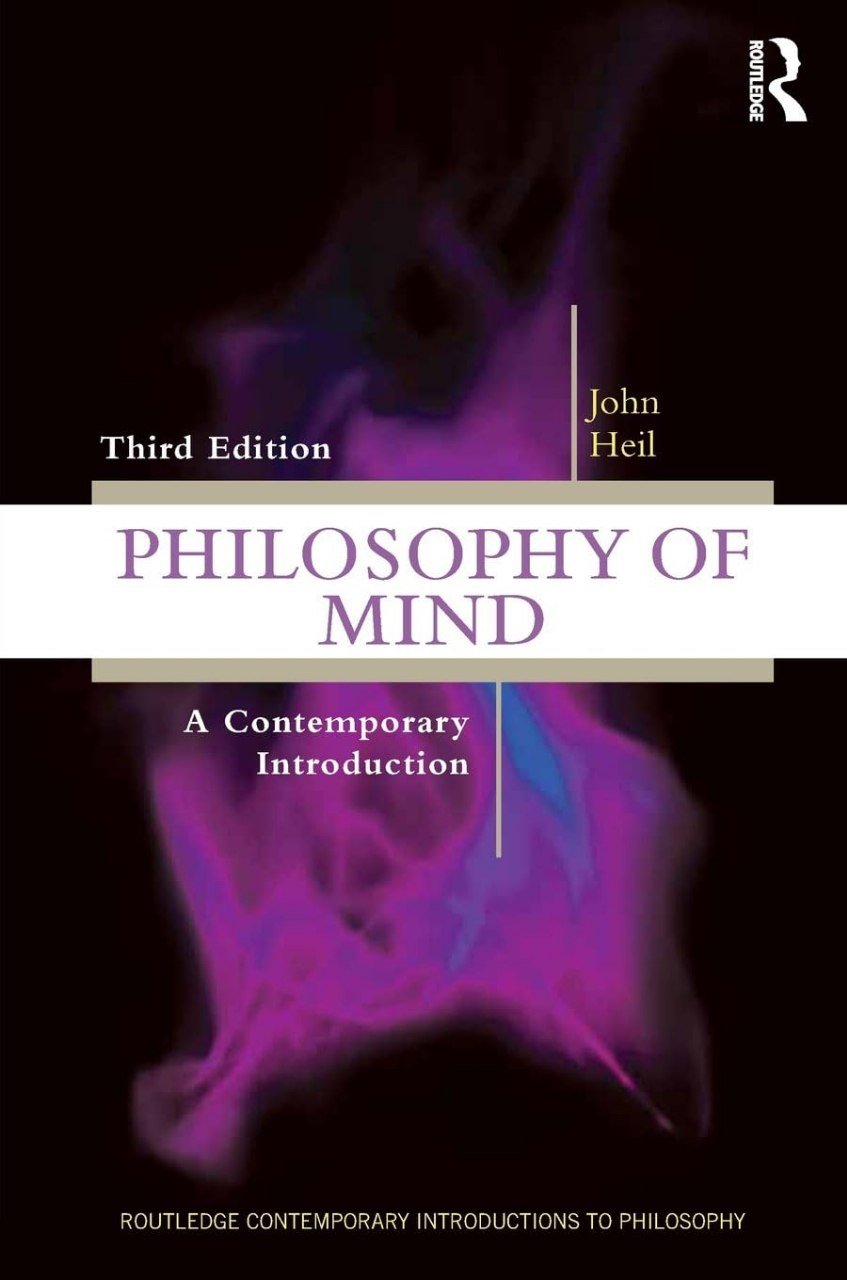

Deleuze, A Stoic by Ryan J. Johnson
Reviews
No review yet. Be the first to review this book!
Description
Deleuze, A Stoic by Ryan J. Johnson is a philosophical exploration that situates Gilles Deleuze’s thought in close dialogue with ancient Stoicism. Johnson argues that Deleuze’s philosophy, often associated with postmodernism and French poststructuralism, in fact carries deep affinities with Stoic philosophy, particularly in its metaphysics, ethics, and ontology. Rather than viewing Deleuze strictly through the lens of Nietzsche or Spinoza, as is often done, Johnson highlights Stoicism as a crucial and underappreciated influence on Deleuze’s thinking. The book delves into Deleuze’s concepts of immanence, event, and becoming, tracing how these notions resonate with Stoic ideas about the nature of the cosmos, the unfolding of events, and the ethical stance of living in accordance with reason and nature. Johnson illustrates how the Stoic understanding of the event—as a surface effect that is distinct from but inseparable from corporeal causes—prefigures Deleuze’s theory of events in The Logic of Sense. Deleuze’s fascination with the incorporeal, his development of a philosophy that privileges surfaces over depths, and his engagement with the logic of paradox can all be traced back to Stoic thought. Ethically, Johnson draws attention to the ways Deleuze’s philosophy shares with Stoicism an emphasis on the transformation of the self through an understanding of the necessity of events and an acceptance of the unfolding of nature. Both philosophies propose an ethic of joy and affirmation grounded in a recognition of fate and necessity, yet without succumbing to fatalism or passivity. Instead, they encourage an active engagement with the present moment and the cultivation of an inner freedom. Johnson also examines the implications of this Stoic connection for understanding Deleuze’s broader philosophical project, including his views on ethics, politics, and subjectivity. He suggests that Deleuze’s call for an ethics of joy, his focus on becoming rather than being, and his non-dualistic ontology are all in line with a modern reimagining of Stoicism, one that rejects transcendence in favor of radical immanence. Ultimately, Deleuze, A Stoic presents a compelling argument that Deleuze’s thought can be fruitfully interpreted through the lens of Stoicism. In doing so, Johnson opens up new avenues for understanding Deleuze’s complex philosophical system and its relevance for contemporary ethical and metaphysical debates. The book not only reframes Deleuze’s philosophical lineage but also highlights the enduring relevance of Stoic philosophy in addressing modern questions of ethics, subjectivity, and the nature of reality.


 May 03, 2025
May 03, 2025
















.jpeg)
.jpg)


.jpg)
.png)




.jpg)
.jpg)







.jpeg)



















.jpeg)



.jpeg)



.jpg)







.jpg)
.jpeg)

.jpg)


.jpg)













